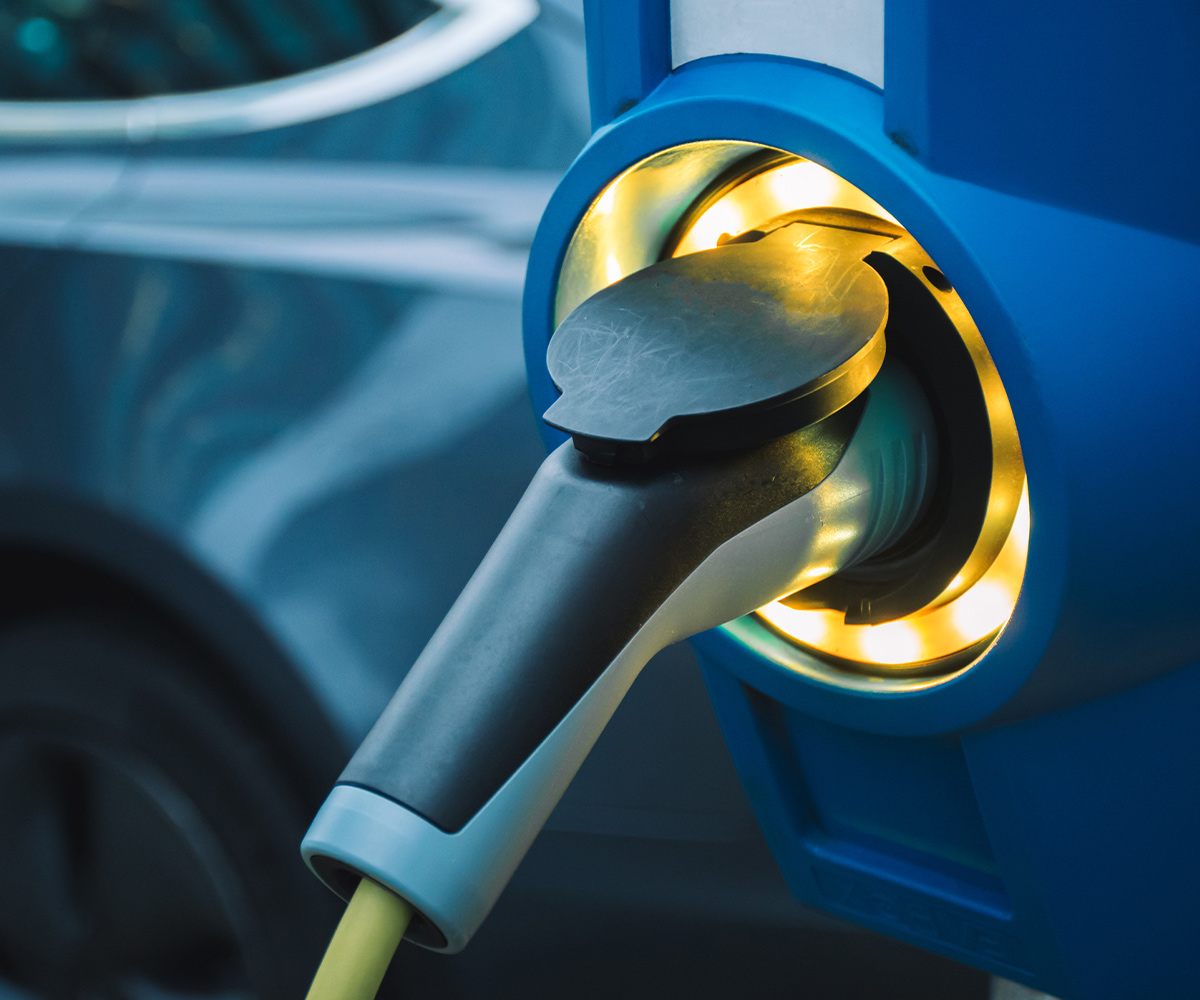SUMMARY
Better safety, affordability, range and charging times will remain the focus of innovators hoping to make electric vehicles go mainstream. Could advanced anode technology be the answer?
Innovation in battery technology has been a key driver of the electric vehicle (EV) revolution. A mere decade’s worth of progress has taken EVs from a range of a 100 miles to an average of 250 miles on a single battery charge.
The momentum behind the industry is palpable. Those looking to buy EVs now have every major automaker vying for their custom compared to a handful of hopefuls making their business pitches a decade ago. Geographically, China leads the way with an estimated 30% market penetration rate for 2022. Europe and the US follow with 15% and 10% penetration rates respectively.
The twin demands for increased energy density enabling longer journeys, and lower battery cell costs leading to an improvement in consumer affordability, continue to fuel the latest innovations. But the link of battery power with progress makes continual advancements on this front crucial for making EVs go mainstream, notes a recent report published by Citi Global Insights.
Grasping what’s needed demands a short lesson in the rudiments of battery chemistry. A battery comprises three things – a cathode (or positive electrode), an anode (or negative electrode), and electrolyte – the liquid that maintains the flow of ions between the cathode and anode connecting the two (and completing the power generation and charging circuit).
Innovators and investors have been focusing broadly on improvements in cell design and cathode materials using Lithium-ion batteries. And cathode chemistry will remain important near-term, especially as raw material prices experience unprecedented volatility.
However, the report suggests the next frontier for batteries will likely be in the advanced anodes of a battery via the development of high-performance synthetic materials versus the graphite materials currently in use. Progress here could positively impact a battery’s charging speed, capacity and ultimately its life cycle.
A related move involves the development of “solid-state battery systems.” In layman’s terms, that’s simply replacing the liquid electrolyte in a battery with a solid. According to battery chemistry theories, such a system has zero to negligible wasted battery space compared to its liquid counterpart, and can hypothetically provide infinite energy density.
Should a meaningful shift - from graphite materials (currently in use) to high-performance synthetic graphite to high-content silicon to eventually lithium metal - take batteries closer to a solid-state system, EVs may have “energy densities of 500 Wh/kg, likely enabling vehicle ranges over 500 miles,” the report adds.
EVs could then compete better with the internal combustion engine (ICE) vehicles of today many of which are capable of running 450 miles on a tank full of petrol. However, at present, such a battery appears expensive to replicate beyond the laboratory. There is also a lack of progress on solid-state battery short-circuits caused by dendrites, or small cracks in the solid electrolyte that form over time.
Such obstacles on the road to commercialization for these technologies are challenging. “But companies that can scale-up with existing manufacturing techniques and achieve cost parity would be the winners,” the report notes. They would potentially require patient investment from backers supportive of what Citi Global Wealth Investments described in its 2023 Wealth Outlook as an Unstoppable Trend of Greening the World.
Of course, envisioning progress in electric mobility also raises another important question – can anything disrupt Lithium as the industry’s preferred chemical element for long-range batteries? The answer is a complex one since many next generation batteries, e.g., solid-state systems, will likely use even more lithium in the future.
Combination batteries blending Lithium Ferro Phosphate (LFP) and Na-ion batteries may improve fast charging and provide low temperature performance, according to the report. However, this may come at the cost of reduction in system energy density even further – a compromise that may be hard for auto manufacturers to stomach.
Other transformative technologies – for e.g., Lithium-air, Lithium-sulfur, multi-valent batteries – will likely take several decades of innovation. Therefore, a medium-term dethroning of Lithium as a preferred battery element appears unlikely.
However, future battery safety enhancements could bring long-term changes. For context, due to the use of flammable liquid electrolyte, Lithium-ion batteries are prone to thermal runaway. It leads to batteries failing catastrophically and creating fires that are difficult to extinguish. Such events, though rare, threaten passenger safety.
To date, battery makers have focused on safety enhancements based on separator technology, impact resistant and fire suppressing battery housings with considerable success. But focus is gradually turning to the flammable liquid electrolyte. Some have begun working with proprietary non-flammable or self-extinguishing electrolytes and interfaces that suppress dendrite formation, one of the leading causes of a battery short circuit.
Overall, better safety, affordability, range and fast charging will continue to be the focus of innovators and investors looking to encourage long-term EV adoption. But both sets of enthusiasts should note that much of the progress on these four fronts will come down to the battery powering it.






